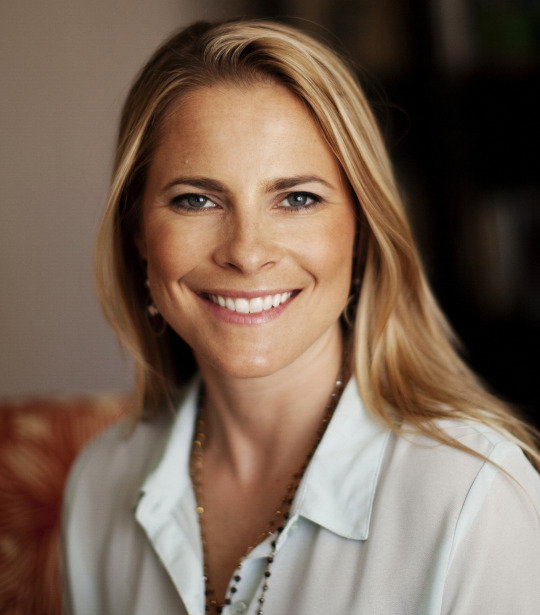
Armed with an MBA from Stanford and a successful career as a Wall Street and Silicon Valley investor, Vanessa Loder was climbing the corporate ladder when she realized she was exhausted from “leaning in.” In a remarkable career transition, she took a look at the pressure women put on themselves and realized she had the tools to help them succeed without burning out. Vanessa is now a leading expert on women’s leadership and mindfulness– she hosts retreats and created an online career coaching program and she is the co-founder of the Alliance for Parents in Tech, a collaborative of moms leading the parent’s groups at many of the biggest tech companies in Silicon Valley.
Vanessa is one of the panelists at our event on May 2nd at HoneyBook and shared her hard-earned wisdom about the modern workplace and the stress women put on themselves to be everything to everyone.
You make the argument that driven and ambitious women are leaving the workforce because of the pressure they are under between work and family and what is needed is to create a “sustainable career,” what do you mean by that?
A sustainable career is one that is based on a more expansive definition of “success” that goes beyond money and power to incorporate an individual’s personal values. Typically, this means your definition of success will include things like time allocated to caregiving (for young children, sick or elderly family members), self-care, flexibility, creativity, time for hobbies or other pursuits outside of work, etc. It also involves taking the long view of your career and seeing it as a marathon, not a sprint. For many women today, we’re having children later in life and our prime breadwinning years and prime child-rearing years are overlapping more than ever before. Plus the number of dual-income families has increased dramatically. Women have entered the workforce, and yet still bear a great deal of responsibility for household and childrearing duties. Basically, women are working in a system that was created for a man with a stay at home wife. It’s a recipe for exhaustion. Working to change the current system is one piece of the puzzle. And, remembering to make choices that help you to thrive personally as well as professionally will allow you to have a sustainable career. It’s taking a holistic approach to your life and investing in all areas, not just career at the expense of everything else. And we also need to reframe the conversation to take into account that investing in the individual and investing in personal well being is good for the company too! (this is something that many tech companies already understand)
Why do you think women “burn out” more than men and how is that affecting pay equity and women leadership?
Research shows that women have more of a tendency to multi-task and also have more role overload where we’re doing multiple roles at the same time (employee, mother, activity organizer, etc.) which leads to exhaustion. Danish mothers have, on average, one and a half hours of leisure time every day that is spent in “pure” or child-free time to themselves. American mothers, in contrast, have about thirty-six minutes a day to themselves. Part of the issue is the culture in the US where being “busy” has become a sign of prestige. I see a lot of women who take on a great deal of responsibility, both at work and at home. Learning how to set boundaries and say “no” without feeling guilty is a vital skill to any women leader these days. When women burn out, we all suffer. Companies lose out on talent and diversity, women aren’t represented in key leadership positions (and women are typically the most likely to advocate for policy changes that will benefit women) or given a seat at the table to ensure pay equity. Plus, our families suffer when we’re burned out and exhausted. It’s hard to be fully present for your loved ones when you come home depleted from work.
From the outside there is a perception that tech companies and Silicon Valley firms are at the forefront of progressive policies and work structures– is this an accurate view from the inside?
Many tech companies are now offering paid leave for both caregivers (not just mothers or “primary”), job sharing and flexible work schedules, which is a step in the right direction. When you look at some of the paid parental leave policies, and other benefits for new parents as well as overall physical and emotional well-being, there are several tech companies at the forefront…although I might argue they’re at the forefront of a very lagging country. Overall the US still has a long way to go, we rank alongside Papa New Guinea as the only 2 countries in the world without any national maternity leave policy. It’s ridiculous that we’re the only developed country with no national policy.
Thank you Vanessa! We are excited to learn more next week at our member event. Don’t forget to RSVP if you are in Bay Area and join us to discuss how to break biases against working parents. Check out Vanessa’s retreats and online coursework designed to help women navigate life’s choppy waters and create a mindful and sustainable career path.